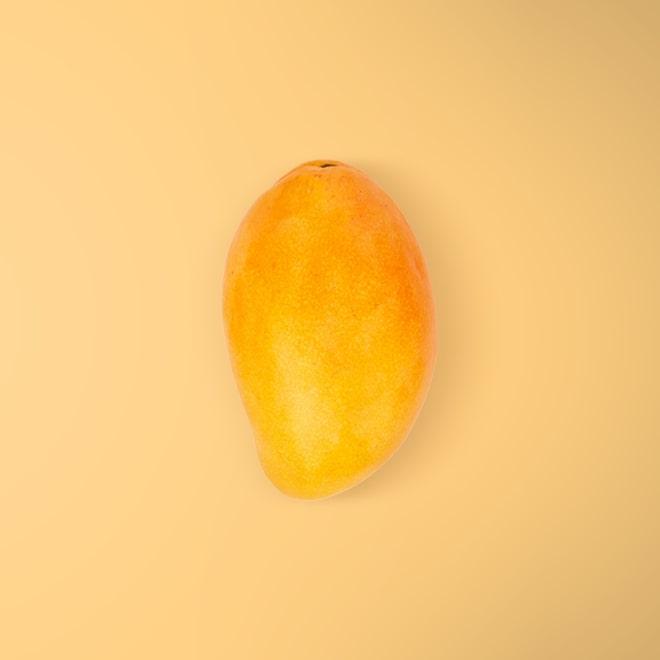Mango




Mangoes are one of the tastiest fruits grown in the tropics! Mexico is the largest exporter of mangoes in the world.
The mango is a member of the Anacardiaceae family, which means that it is a food cousin of poison ivy!
Ripe mangoes can be stored in the refrigerator for up to three days.
To speed up the ripening process of the mango, put it in a paper bag.
After being chopped and peeled the fruit can be stored for up to three months in airtight plastic bags in the freezer.
Mangoes are good for your skin. Just slice or blend a mango, then spread it onto your skin and let sit for 10 to 15 minutes. Wash your face with water and admire your smooth skin!
Have problems with dandruff? Take some mango seed butter and put it in your hair to strengthen the roots and moisturize the skin. When mixed with mustard oil, mango seed butter can also help control alopecia, hair loss, and early graying.
Mango contains some interesting acids, for example, tartaric acid, malic acid, and citric acid. These acids mostly help maintain the body’s natural alkali reserves.
In the center of a mango exists a large flat pit. To remove it, first, slice parallel to the pit, and then slice the other three sides along the pit.
To separate the flesh from the skin, take a piece of mango and slice it in the middle until you reach the skin. Fold the mango along the slice, and with a knife, peel the skin of the flesh.
To make a quick and easy juice, put a chopped mango in the juicer, and add water, and a tablespoon of honey. Enjoy!
Mangoes contains enzymes that help break down protein. The fibrous nature of mango helps in digestion and elimination. This fruit is rich in probiotic dietary fiber, vitamins, and minerals.
Mangoes are full of probiotic dietary fibers, enzymes, vitamins, and minerals. Mangoes are a particularly healthy fruit due to their combination of vitamin A, C and 25 different types of carotenoids.
Corrections or improvements? Email us at
content@sidechef.com